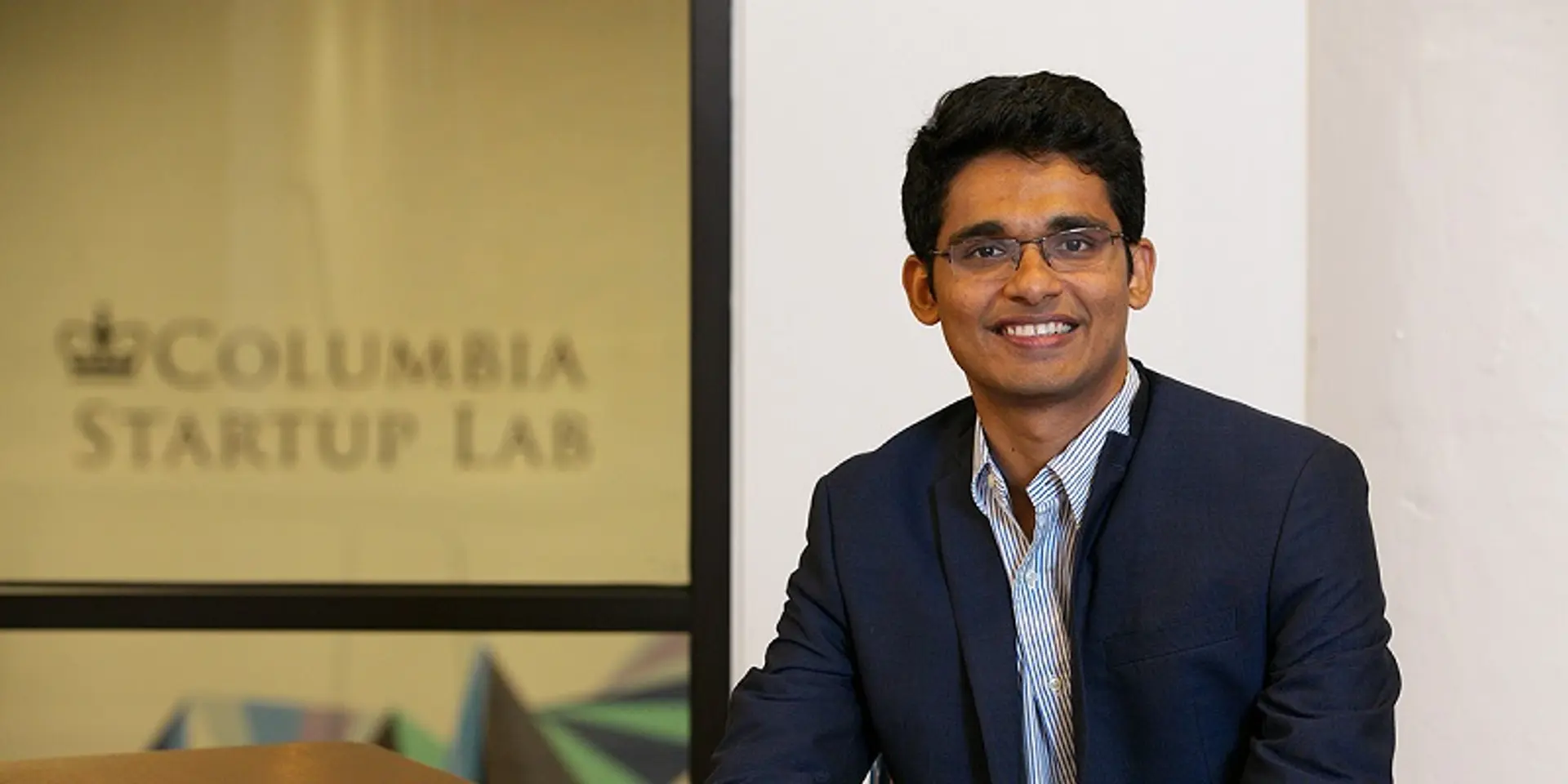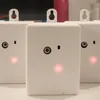Pivot and Persist: this startup has built AI thermal kiosks for contactless COVID-19 screening
Hyderabad-based healthtech startup Arvi has reinvented itself and developed AI thermal kiosks for COVID-19 screening
The coronavirus pandemic has posed challenges as well as opportunities for healthcare startups in India.
According to IBEF, the healthcare sector in India is one of the largest and fastest growing sectors, and has seen rapid transformation on the backdrop of technological advancements in the recent past. During the COVID-19 pandemic, healthcare startups have been innovating and inventing new things to help people fight the virus.
One such startup is Hyderabad-based . Founded in July 2019 by IIT Bombay alumni Sushant Reddy and his friend Avinash Lavangal, the startup initially came up with a platform to help senior citizens with its smart medical alert system. It enabled senior citizens to access emergency and non-emergency medical assistance at their doorstep at the push of a button.
However, the COVID-19 pandemic has provided a new opportunity for the startup. It has developed an unmanned contactless thermal scanning kiosk using AI technology with deep learning to combine facial recognition and thermal screening. It can detect people with high temperatures as well as those violating requirements to wear masks.

Sushant Reddy- Founder and CEO, Arvi
These kiosks have features such as temperature check, face mask detection, auto hand-sanitisation, and attendance/access management. It also screens blood oxygen, pulse, and respiration rate.
“Companies, restaurants, housing societies, and manufacturing plants need effective screening solutions. Our kiosks make screening experience both safe and simple for workplaces and commercial establishments with large walk-ins. By integrating facial recognition and advanced sensors, we have tried to leverage the best technologies in India’s fight against COVID-19,” says Sushant.
Innovating with time
Arvi’s first invention – a smart medical alert system – is meant for senior citizens. A senior citizen can push a button during an emergency, and a smart hub automatically triggers phone and SMS alerts to relatives and neighbours. The support team immediately dispatches an emergency ambulance and arranges a hotline between the patient and the doctor.

The thermal scanner
Arvi support team also aids in non-emergency scenarios such as scheduling the delivery of medicines, doctor-on-call appointments, health check-ups at home, etc.
The startup has a dedicated team of technical, operations, marketing resources, and a dedicated panel of doctors. It has joined hands with and , which have helped the startup with diagnostic check up and pharmacy delivery services, respectively. Arvi is also partnering with major hospital chains in South India.
The startup got the idea to develop kiosks when the government announced the lockdown across the country in March. “At that point in time, we were looking at the possibility of India following a similar path as China and South Korea, which were probably two months ahead of us. We were thinking how people will react once the lockdown gets lifted, and what will happen once they join workplaces,” says Sushant.
Based on this, the team started working on the design of these kiosks. The whole process, right from designing to the final output, took about 45 days. By mid-May, the device was tested in the market, and in the first week of June, Arvi got the first order for 20 kiosks.
The COVID-19 product
Arvi’s kiosks include four models - Arvi TX 55, TX 66, TX 77, and TX 99 that come with a wide range of features.
Arvi TX-55 is a mini contactless thermal scanning terminal with facial recognition-based screening; thermal scanning, and automatic face mask recognition facility. It also has a flexible tabletop or wall mounting.
Arvi TX-66 has all the features of the TX-55 model along with attendance management, QR code-based screening, cloud-based storage, and admin panel access to customers.
Arvi TX 77 has all the features of TX-66 as well as auto hand sanitisation facility. The TX 99 model includes blood oxygen reading, pulse rate, and respiration rate reading.
The kiosks or thermal scanners are priced in the range of Rs 60,000 to Rs 1.25 lakh.
Additionally, it offers cloud storage of up to two million screening records. The aerosol-based sanitiser spray, with a high 1,200 ml capacity refillable tank, is featured with these kiosks. The kiosks are portable with 5 feet 2-inch adjustable height.
Along with this, Arvi provides installation, training and 12-month onsite support as well. It also offers a one year warranty, unless physical damage, and free replacement in case of malfunction.
How does it work?
Any commercial or corporate setup sees a lot of visitors on a daily basis. To scan them all manually by an individual can become overwhelming after a point and it is risky for them as well. Arvi’s product aims to solve this problem.
Unlike a temperature gun, which requires the physical presence of an individual, these AI-enabled scanners require no human intervention. These contactless kiosks can be used at the entry points of malls, corporate offices, banks, airports, schools, hospitals, etc. It can be installed anywhere, and will work on Wi-Fi or 4G network.
Arvi competes with startups such as Nuos Home Automation, BlueSemi and Staqu, which have also introduced thermal screening devices due to the coronavirus pandemic.
“Most other products measure or recognise only temperature. Ours is a much more comprehensive screening. We also check the blood oxygen levels, respiration rate, and the pulse of a person. The market is flooded with a lot of unreliable and imported thermal guns. We are proud to design and fabricate these kiosks under the ‘Make in India’ initiative,” Sushant tells YourStory.
He adds that the product has been completely made in India. It has been designed, manufactured, fabricated, and launched from their workshop in Vashi, Mumbai.
“We have complete control over the hardware and software. We have a completely open architecture kind of system and the readings or recordings can be integrated into the system by any third party to make theirs more smart and intelligent. It can also be integrated into any kind of security management system,” Sushant says.
Tiding over the challenges
During the lockdown, the main challenge for the team was to source and integrate the hardware due to logistical difficulties. The team somehow manged to source the material and put everything together quickly.
“For the initial prototype, we used whatever we could get our hands on. Some amount of hacking around was done and we had our first prototype. We then installed it at a hospital in Hyderabad and received a good feedback. That is when we thought of building more units,” he says.
Arvi has so far has installed 46 kiosks at various manufacturing plants and corporates across Bengaluru, Chennai, Hyderabad, and Pune.
Going forward, the startup wants to make these kiosks more intelligent with more sensors. It wants to build super smart kiosks, which can track all the vital parameters of a person within 60 seconds.
“Our vision is to link this data with a health insurer or remote tele consultation so that whenever something is off, we can immediately service that particular person by bringing in the healthcare intervention at the right time,” Sushant says.
YourStory’s Pivot and Persist series spotlights Indian startups that are pivoting to seize new business opportunities, transforming their business models and offerings to navigate the current COVID-19 crisis.
Edited by Megha Reddy





